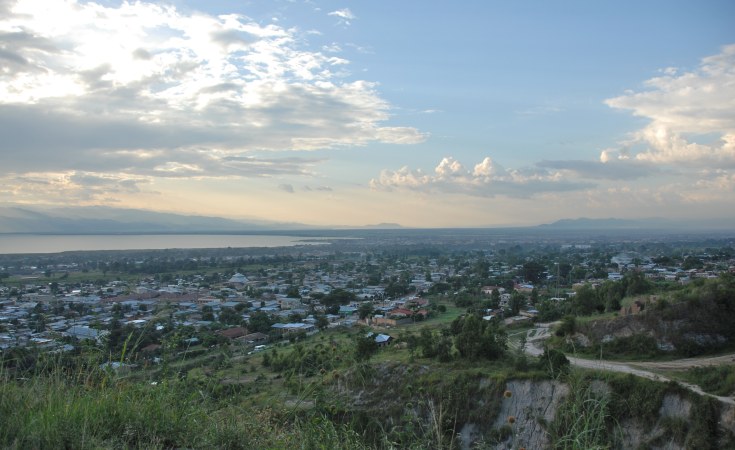Burundi closed again its land borders with Rwanda last week, marking a swift reversal just over a year after reopening. The abrupt shift has reignited concerns about the delicate state of diplomatic ties between the two countries.
The land borders were closed, according to Rwanda's Office of the Government Spokesperson, without any formal notice. Rwanda only learned about Burundi's unilateral decision to shut borders through media reports.
The closure, and the way it was implemented, is widely seen as a diplomatic failure on the part of Burundi. Diplomatic norms dictate that neighboring countries should be informed of such decisions in advance to avoid unnecessary tensions and foster an environment of cooperation.
The latest decision follows the announcement by Burundian president Evariste Ndayishimiye a fortnight ago that Rwanda was behind a recent attack in Southern Burundi - far from the Rwandan border - in which civilians were reportedly killed.
Rwanda vehemently denied any involvement in the attack, or association with the responsible rebel group 'RED Tabara' that is based in volatile eastern DR Congo.
Signs of a thaw in the strained ties had led to the reopening of borders in October 2022 after nearly seven years of closure. As Rwanda underlined in a statement on January 11, another closure is 'regrettable' and goes against the spirit of East African Community of which both countries are member states.
As one would expect, the first victims are businesses and ordinary citizens who have, historically, enjoyed people-to-people exchanges. When The New Times visited Nemba border post on January 12, a long queue of trucks and dozens of Burundian nationals were seen stranded, and the situation could get worse if no quick solutions are established.
Some observers have pointed to internal political and economic dynamics, coupled with the country's controversial military alliance with DR Congo, as possible reasons at play in Burundi's decision to close land borders with Rwanda.
While it is not impossible for neighbouring countries to have misunderstandings on any given issue, it is important that every effort to solve them is attempted through diplomacy.
Burundi did not only fail to use diplomatic channels to raise or discuss its possible grievances with Rwanda, but it also failed to communicate the decision to close borders with its neighbour.


